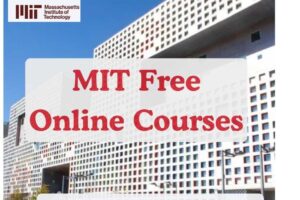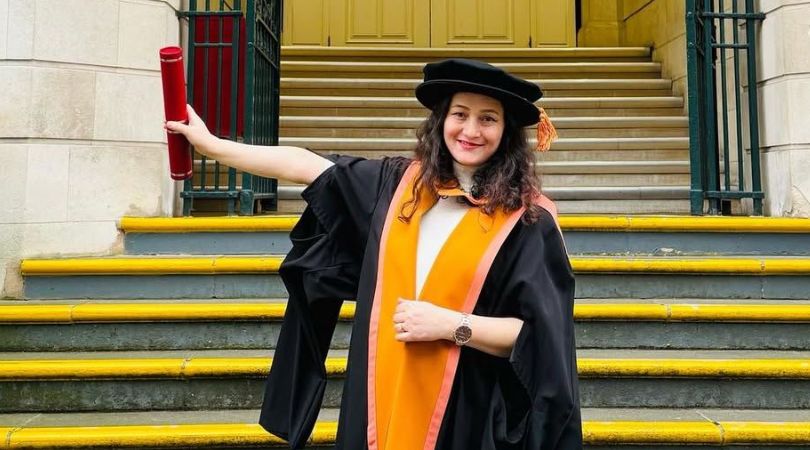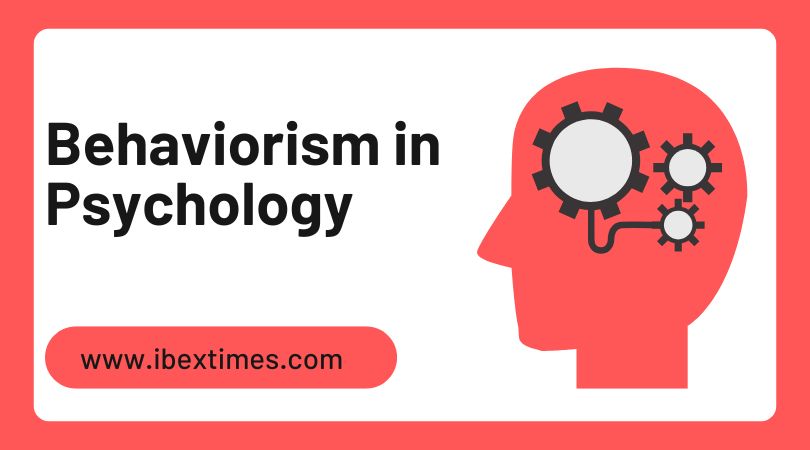This post defines the term ‘education’ in general and from an Islamic perspective followed by a discussion on the importance of education in Islam.
What is education?
The term education refers to the process of facilitating individuals acquire new knowledge and skills to become a productive part of society. In other words, it is a process in which individuals are supported to learn new skills, values, habits, and beliefs.
This process of facilitating learning and acquisition of new knowledge or simply education takes place in both formal and informal ways. However, an ideal formal education setting is expected to enhance the intellectual, physical, and emotional capacity of a person – thereby ensuring the holistic development of a person.
What does it mean by education in Islam?
In Islam, education is a process of facilitating individuals to live their life according to Islamic teachings. From an Islamic perspective, Intellectual, physical, and emotional enhancement are pointless without cultivating a strong belief in Islamic fundamentals.
In other words, Islam emphasizes setting up such a formal system of education which creates an enabling environment for people to create a balance between Deen and Dunya.
Education in the light of the Holy Quran
The importance of education in Islam is evident from the fact that the first revelation to the Prophet Muhammad (PBUH) began with the word “Read”.
The first revelation is quoted as follows:
“Read. Read in the name of your Lord who created; [He] created the human being from a blood clot. Read in the name of thy Lord who taught by the pen: [He] taught the human being what he did not know” (Quran, 96: 1-5).
Following are some more verses from the Holy Quran that emphasize the acquisition of knowledge:
- “Are those who have knowledge equal to those who do not have knowledge?!”(Quran, 39:9)
- “Seeking the knowledge is an obligation upon every Muslim man and woman”
- “Allah raises to higher ranks the believers and those of knowledge.” ( Ayah 11, Surah Al-Mujadalah).
The emphasis on education by the Prophet (PBUH)
Prophet Muhammad (PBUH) urged Muslims to acquire knowledge irrespective of any age or gender for a successful life in the wold and hereafter.
Following are some of the important sayings of Prophet (PBUH) which serve as a guide source when it comes to getting or imparting education:
- The seeking of knowledge is obligatory for every Muslim (Al-Tirmidhi, Hadith 74)
- Acquire knowledge and impart it to the people (Al-Tirmidhi, Hadith 107)
- A father gives his children nothing better than a good education (Al-Tirmidhi)
- One who treads a path in search of knowledge has his path to Paradise made easy by God (Riyadh – us- Saleheen, 245)
- “Seek knowledge even if it is far as China.”
- “Seek knowledge from the cradle to the grave.”
- “Wisdom is the lost property of the believer, he should take it even if finds it in the mouth of a mushrik.
- “Seeking knowledge is a duty of every Muslim (man/woman).” (Ibn Majah)
A practical example of promoting knowledge
The Prophet (PBUH) made practical examples in his lifetime for Muslims of all times to get guidance. For example, in the battle of Badar, the Muslims had arrested 70 non-Muslims after inflicting a crushing defeat on the invading army of non-Muslims of Macca.
Apart from decent treatment, the prophet set a criterion with regard to release of the prisoners of the war that manifested the importance of education in Islam. The prohet (PBUH) provided, “Those who were literate among the prisoners could go free if they taught basic literacy skills to 10 Muslim children.”













